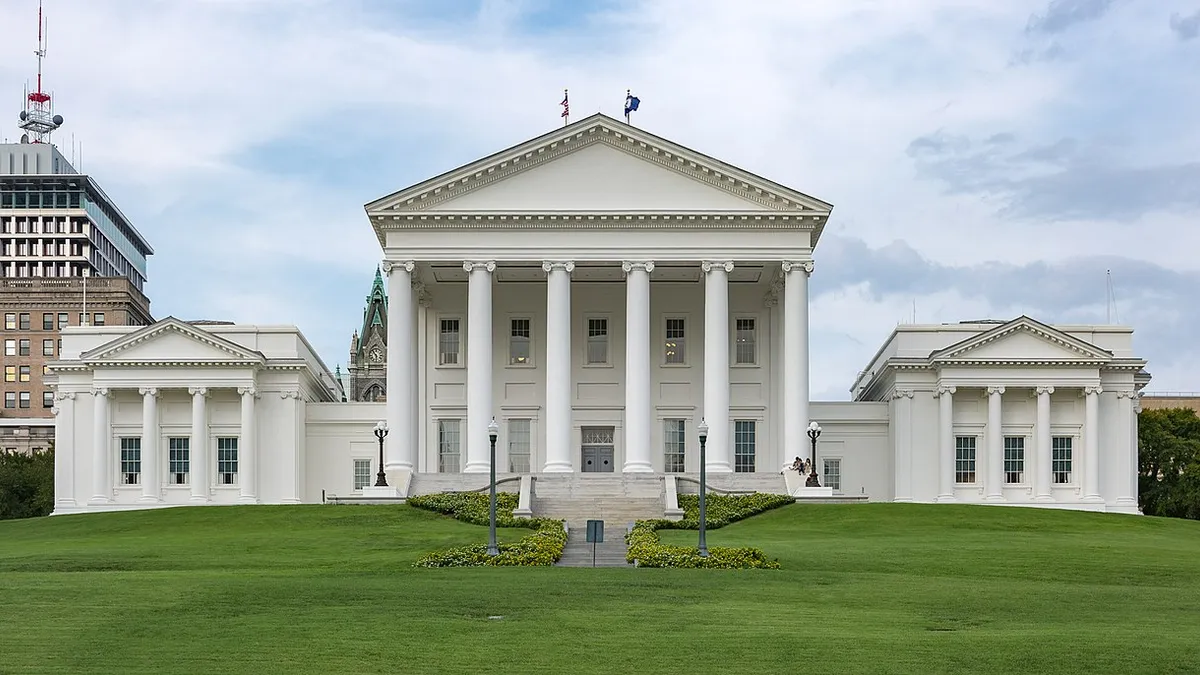Dive Brief:
-
Virginia lawmakers are moving forward with a proposal to extend in-state financial aid to unauthorized immigrant students, joining several other states that have done so.
-
Two bills, one in the House and the other in the Senate, would expand these benefits to students regardless of their immigration status. They have passed their respective chambers.
-
At least 15 states and Washington, D.C., offer access to state aid or scholarships for unauthorized students who meet certain eligibility requirements, and other states may follow suit.
Dive Insight:
Virginia approved a law last year enabling qualifying unauthorized students to pay the in-state tuition rate at its public colleges.
The new bills build on that legislation, allowing all students who are eligible for in-state tuition to also receive state aid. The Senate bill passed narrowly, 21 to 18, while the House version passed 58 to 42.
Gov. Ralph Northam, a Democrat, also supports the measure, according to media reports. It would go into effect in August 2022.
Because unauthorized students aren't eligible for federal aid or loans, the cost of attending college can be a major barrier.
Extending in-state tuition and financial aid to unauthorized students is "critical" for their ability to access and afford higher education, Miriam Feldblum, executive director of the Presidents' Alliance on Higher Education and Immigration, a group advocating for open immigration policies, wrote in an email.
The pandemic's economic turbulence makes this issue particularly pressing, as state aid can help students cover their costs. The U.S. Department of Education under the Trump administration moved to bar international and unauthorized students from receiving emergency grants funded by the first major round of coronavirus relief, which was passed in March.
This restriction does not apply to the most recent coronavirus spending package, which former President Donald Trump signed in late December. However, higher ed organizations are asking the new administration to confirm that international and unauthorized students are eligible for the aid.
Unauthorized students represent about 2% of college enrollment, or more than 450,000 students, according to the alliance and research group New American Economy. Only about half are eligible for or participate in the Deferred Action for Childhood Arrivals program, which shields people brought to the U.S. illegally as children from deportation and allows them to study and work in the country.
The alliance notes that at least eight states, including Georgia and North Carolina, "actively" bar unauthorized students from in-state tuition or state aid, even if they would otherwise meet residency requirements.













